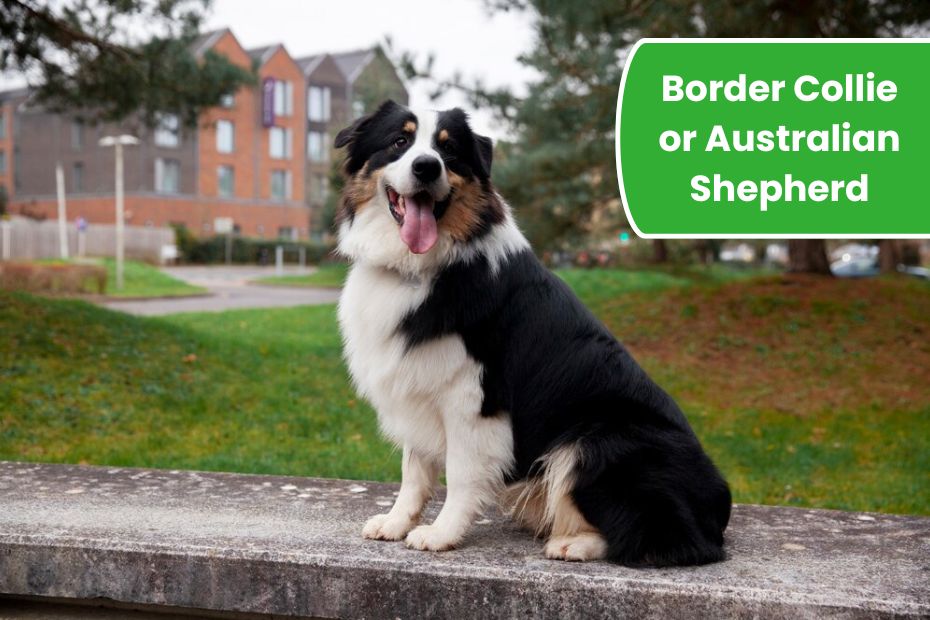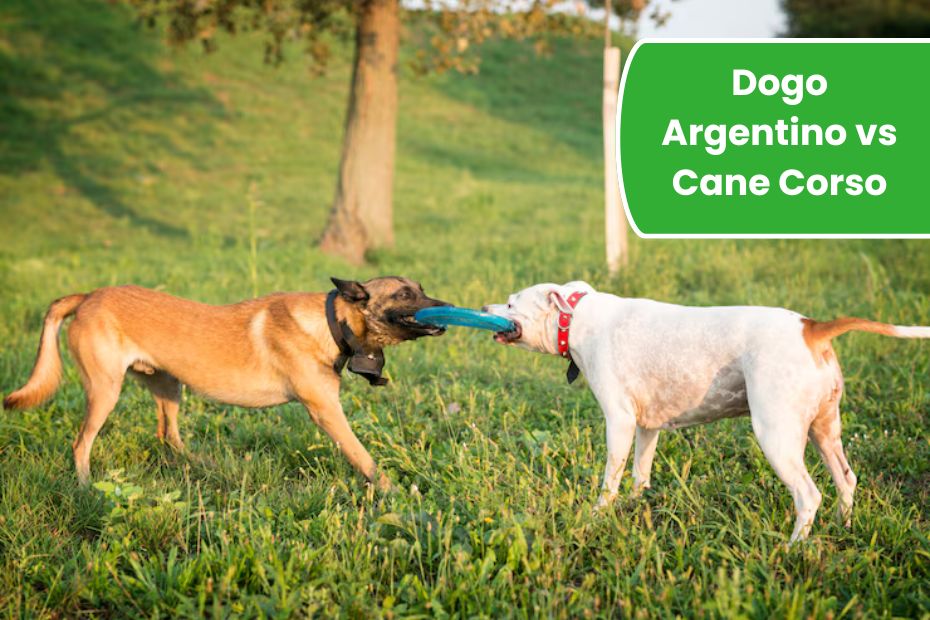Pit Bull breeds require responsible ownership to ensure they thrive as beloved family pets. Due to misconceptions and breed-specific legislation, responsible practices are essential to promote a positive image. This guide covers all aspects of owning Pit Bulls, including training, safety, health care, and community awareness for harmonious living.
Understanding Pit Bull Breeds
Pit Bulls are not a single breed but a group that includes the American Pit Bull Terrier, American Staffordshire Terrier, and Staffordshire Bull Terrier. They are known for their loyalty, energy, and strength. Understanding their needs and behaviors helps owners meet their responsibilities effectively and nurture well-balanced, social dogs.
The Importance of Training and Socialization
Training is crucial for Pit Bulls to learn obedience, self-control, and appropriate behavior. Early socialization exposes them to different people, animals, and situations, reducing fear and aggression. Positive reinforcement methods work best, creating trust and strong bonds between the owner and the dog while preventing unwanted behaviors.
Safety at Home and in Public Spaces
Pit Bull owners must create a safe home environment with secure fencing, proper leashes, and identification tags. When in public, using muzzles if required by law and adhering to leash laws ensures safety for all. Responsible owners always supervise interactions with children and other pets to avoid miscommunication and accidents.
Health Care Responsibilities
Regular veterinary visits, vaccinations, parasite prevention, and dental care are essential for Pit Bull health. Owners should also provide balanced nutrition and regular exercise to maintain their dog’s physical and mental well-being. Responsible care extends to spaying or neutering, reducing unwanted litters and promoting better behavior in the long term.
Legal Awareness and Compliance
Pit Bull owners must familiarize themselves with local laws, including breed-specific legislation (BSL) and insurance requirements. Complying with these regulations protects the owner and dog from legal issues. Responsible owners also advocate for fair laws and participate in local campaigns to challenge breed-specific myths and misinformation.
Positive Community Engagement
Promoting a positive image of Pit Bulls involves community involvement, volunteering at events, and educating others about responsible ownership. Owners can join dog training groups, obedience clubs, or therapy dog programs. This helps demonstrate the breed’s potential as loving companions and breaks down stereotypes that harm their reputation.
Myths and Misconceptions About Pit Bulls
Many believe Pit Bulls are inherently dangerous, but studies show behavior depends more on training, environment, and owner responsibility. Responsible ownership practices debunk these myths by showing well-trained Pit Bulls as affectionate, reliable pets. Education is key to shifting public perception and reducing stigma surrounding these breeds.
Key Responsible Ownership Practices for Pit Bulls
| Practice | Description |
|---|---|
| Training & Socialization | Early training, positive reinforcement, exposure |
| Safety & Supervision | Secure fencing, leashes, supervision, ID tags |
| Health Care | Vet visits, vaccinations, nutrition, exercise |
| Legal Compliance | Understanding BSL laws, insurance, licensing |
| Community Involvement | Education, events, advocacy, therapy programs |
Conclusion
Owning a Pit Bull breed comes with significant responsibilities, but with the right practices, these dogs can be wonderful companions. Training, socialization, health care, and legal awareness help promote positive behavior and community integration. Responsible owners play a vital role in changing perceptions and ensuring Pit Bulls thrive in loving homes.
FAQ’s
Why is early socialization important for Pit Bulls?
Early socialization helps Pit Bulls become confident, friendly, and well-adjusted around people and animals, reducing fear-based aggression.
Do Pit Bulls require special safety precautions?
Yes, secure fencing, proper leash usage, and supervision ensure Pit Bulls remain safe at home and in public spaces.
Are Pit Bulls more aggressive than other breeds?
No, aggression is not breed-specific. Behavior depends on training, environment, and responsible ownership practices.


